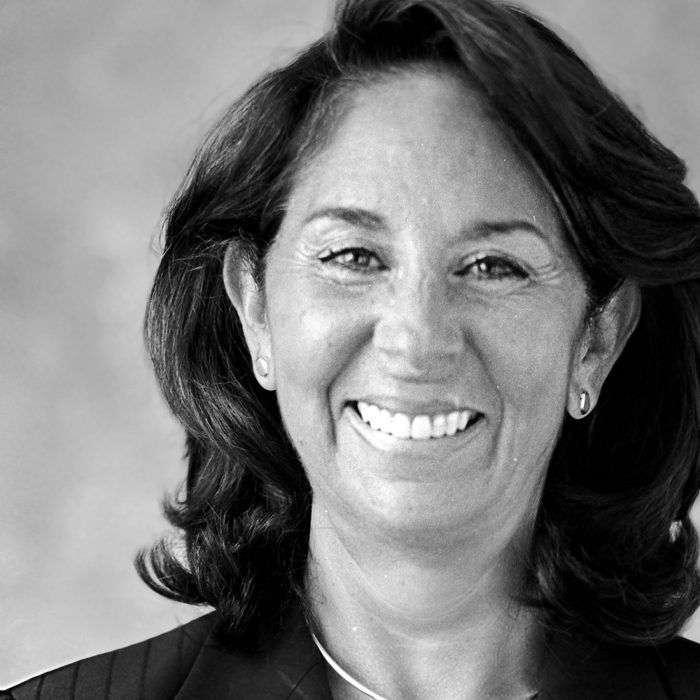
Shifting Our Chemistry Towards Helping
Listen
Subscribe
In This Podcast
- Understanding how our brains work
- Don’t expect to know everything
- When in conflict, be a filmmaker
- The importance of giving children a voice
- Help other people grow
- Have more compassionate conversations
Judith Glaser is an organizational anthropologist and a specialist in conversational intelligence. Today Judith talks about why it’s important to understand how our brains work, why it’s not healthy to know everything as a leader, how to deal with a conflict, why it’s important to give children a voice, why you should help other people grow as a leader, and why we should all have more compassionate conversations.
Show Notes
Understanding the mystery of our brains
Conversations turn genes and neural pathways on and off. When we see a parent disciplining a child, he is laying down a pathway for his child to either feel good or bad about himself. In the beginning, this goes in the unconscious part of the brain, and after a while we can notice it driving the child’s success or lack of success at work.
Most people think that if we are having a meeting together in a room, we are experiencing the meeting in the same way. We’re not. We’re in our heads most of the time.
Judith’s desire is to be able to bring something to the world that would help people educate their children differently so that we can figure out how to work together in a better way and innovate more.
The benefits of conversational intelligence
Leaders are often taught to know things. Unfortunately, this often puts a halt on their growth capabilities. What they need to be thinking about is how to constantly pull ideas.
When people start to get into a conflict, it’s important for them to step back for a minute and pretend they’re movie makers. You can reframe the story, refocus, go into someone’s thoughts. This way you get to see people in a new way. You can start over and make a brand new movie.
Children are much more intuitive than we give them credit for. If we start teaching them the methodology of conversational intelligence, they will grow up having healthy brains and behaviors. When we talk to each other in an honest and open fashion about what’s on our mind, it’s really healing. We should give young children the opportunity to have a voice and express what’s on their mind.
Be a thoughtful leader and have compassionate conversations
What is Judith’s advice to leaders? Always be yourself. Sometimes as a leader you can have an idealized image of what you’re supposed to be like in your head. Get to know who you are and see if you are creating the space for growth in others.
It’s vital to leave some room for others to shine. Notice if you are hooked by power and allow people to make mistakes. As a leader, you got to the top because you are good at things, and now your job is to help other people bring their voices into the world.
For Judith, happiness is being with people who challenge her and help her think in new ways. She loves having meaningful conversations with people about the things that she loves.
Judith hopes that in the future the conversation will shift to: “How can I support you? How can you support me?” She believes in compassionate conversation and in compassionate listening. Her advice to the world? Give up the fear of loss and focus on the gain of sharing.


